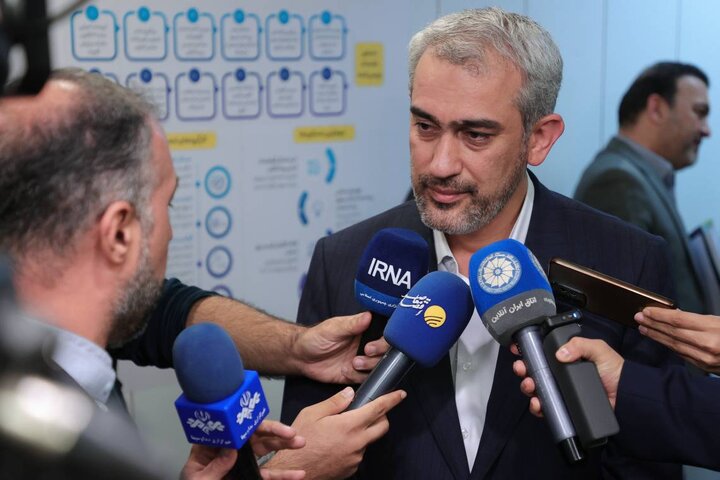Speaking at the 132nd session of the Government-Private Sector Dialogue Council, Economy Minister Seyed Ali Madanizadeh acknowledged persistent delays in customs processing and outlined a multi-pronged strategy to tackle the issue. The plan, he said, prioritizes legal reform, digital modernization, and greater involvement of the private sector.Over the past three months, the ministry has conducted a detailed assessment of the causes of delay. “During wartime, expedited government approvals allowed for swift clearance,” Mr. Madanizadeh noted. “But once the crisis passed, inefficiencies returned.”
Immediate measures are already underway, he added, including efforts to secure fast-track regulatory approvals and revise existing bylaws.The next phase involves amending the core legislation governing customs procedures. A draft bill is expected to be submitted to Parliament shortly. The plan, unveiled last week, includes a timeline for dismantling bureaucratic barriers and implementing structural reforms.Among the ministry’s flagship projects is the digitization of customs operations. Mr.
Madanizadeh emphasized the importance of deploying smart technologies, reforming foreign exchange allocation policies, and removing legal hurdles related to order registration. “Our ultimate goal is to deliver on the promise of three-day clearance,” he said.The minister also addressed broader economic challenges, including the impact of snapback sanctions. He outlined a government-wide response, with the Central Bank tasked with managing monetary policy and inflation, the Planning and Budget Organization overseeing fiscal discipline, and the Ministry of Economy focusing on taxation, financing, and insurance. Details of the economic package are expected to be released soon.Mr. Madanizadeh concluded by advocating for a shift from resilience to what he termed “anti-fragility”, a strategy aimed at identifying and eliminating structural vulnerabilities rather than merely enduring them. “We must reform the system at its core to build a more efficient and adaptive economy,” he said.

